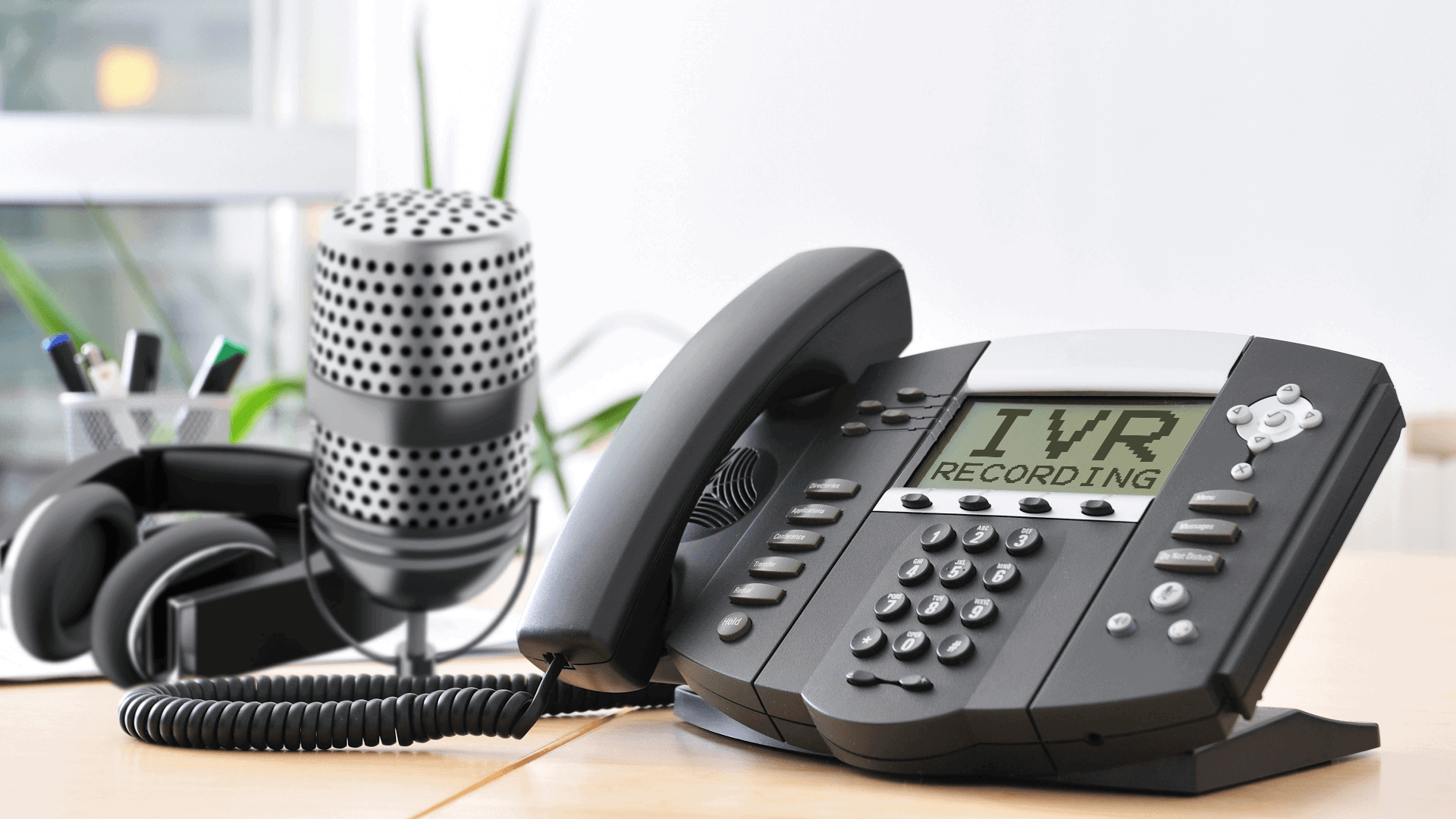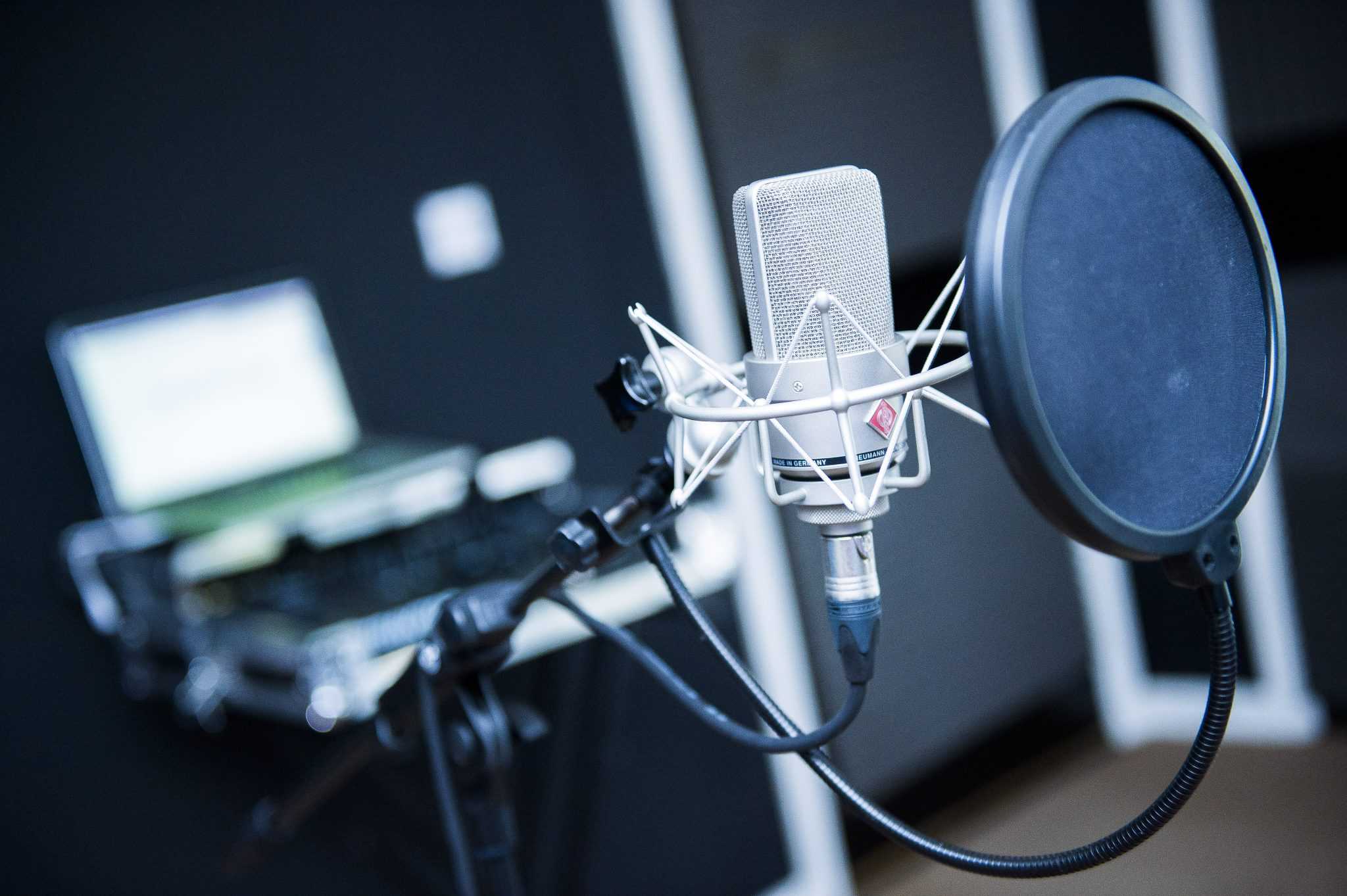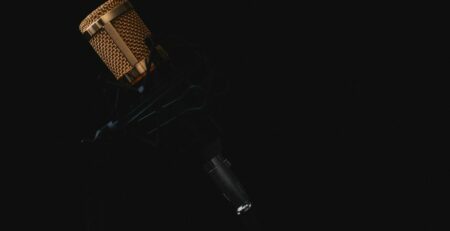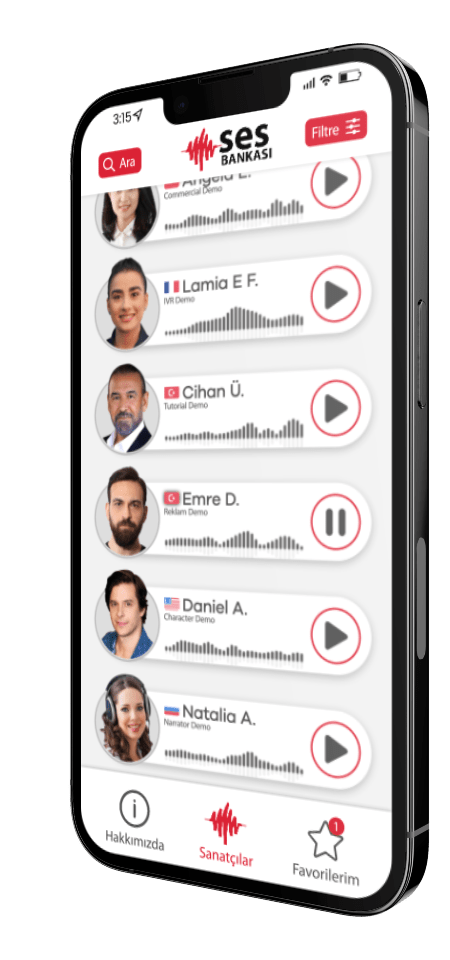A New Era for Telephone Switchboard Recording: Now with Switchboard Robot Sounds!
Customer representatives of the future IVR switchboard systems (phone switchboard recording type) and robot voices. Corporate companies now use their services to direct customers who come by phone. IVR and uses robotic voices. The IVR representative decides who the customer should talk to about which issue and directs them to the correct customer representative at the call center.
In the future, we expect that in addition to the robot voices that provide IVR directions, the people who talk to the customer one-on-one in the call center will also turn into robot voices with the voice response system. So imagine an agent like Siri talking to you. Increasingly, call center customer representatives are becoming robots. While the current situation opens the door to employment, the fact that customer representatives who meet with customers one-on-one will be replaced by robot voices calls into question the future of these people's job opportunities. Technology is advancing at an incredible pace.
What are the Telephone Switchboard Registration Formats?
After the telephone switchboard recording is made, these audio files must be saved and uploaded to the switchboard system in the appropriate format. Each switchboard system and IVR have different recording formats. Even though the systems use formats such as wav, mp3, acc, it is an important detail that the sound recordings must be at a minimum size (MB) and maximum in sound quality.
Telephone switchboards often use a variety of voice recording formats. These formats vary depending on factors such as audio quality, file size and compatibility. Here are some voice recording formats frequently used in telephone exchanges:
- WAV: This is a type of format generally used for high-quality audio recordings. WAV files are usually large in size because they do not compress audio data. This ensures that audio quality is maintained but requires more storage space.
- MP3: MP3 is a type of format that compresses audio data and thus reduces the file size. This saves storage space, but the audio quality may often not be as high as WAV.
- GSM: GSM is a voice coding standard designed specifically for telephone conversations. The GSM format compresses audio data, resulting in small file sizes. However, this compression may cause a decrease in sound quality.
- VOX: VOX is an audio format used primarily for telephone and radio communications. VOX files are generally very small in size, making them suitable for storage and transmission.
- PCM: PCM (Pulse Code Modulation) is the most basic and common format of digital audio. Telephone exchanges often use the PCM format because it accurately represents voice data and provides high voice quality
Each telephone exchange can support a particular voice recording format, so it is important to consider your exchange's features and your needs when deciding which format to use.
What Should the Telephone Switchboard Recording Sounds Be Like?
In telephone exchangesthe most important issue switchboard voice deciding who or what to be. Of course, this is a difficult decision. What kind of qualifications should the person who will voice the telephone switchboard recording have? Should it be a male or female voice?
Telephone switchboard recording sounds are an important element that reflects the professional image of a business. These voices form customers' first impressions and shape their experience. So, what should phone recording sounds be like in general?
- Clear and Understandable: Telephone switchboard recording sounds must be clear and understandable. The quality of the voice ensures that customers understand the message and take appropriate action when necessary.
- Professional: Recording sounds should reflect the professional image of the business. This is achieved by smooth and clear speech, usually delivered by a professional voice actor.
- informative: Telephone switchboard recording sounds should provide customers with the necessary information. This can tell them what buttons to press, when to wait, or what services they can access.
- Terse: Customers generally do not like long and complex phone menus. Therefore, it is important that the recording audio is concise.
- Pleasant and Friendly: Finally, it is important that the telephone switchboard recording sounds pleasant and friendly. This gives customers a pleasant experience and encourages them to further engage with your business.
The quality of telephone switchboard recording audio greatly affects your business' customer service experience. Therefore, it is important to ensure that the voices are clear, professional, informative, concise, and pleasant. However, not all businesses should use the same tone of voice.
In this regard, as a telephone switchboard recording studio, we provide brief consultancy to our customers, asking them questions such as which sector their company operates in, who their target audience is, and exchanging ideas on choosing a voice-over artist. Good results emerge. For example, an idea was developed about how a company that produces and markets baby diapers should have a telephone switchboard registration for forwarding purposes. The customer will listen to the guidance announcement before connecting to the customer representative at the call center. It was decided that the person who greets the customers on the phone should have a mother's compassion, and the company's telephone switchboard recording voices were made in this context.
What Does the Future Hold for Telephone Switchboard Recording Studios?
Telephone switchboard recording studios have great responsibilities in the future. Robot voices that will replace real operators and customer representatives will be made in these central recording studios. The recorded voices should be more sincere, speaking faster and without further ado. For this reason, those who write telephone switchboard recording texts have a great responsibility.
BiberSA Production voices the telephone switchboard recording texts by correcting the errors in their expression. The recording voice that greets the customer on the phone is clear and answers questions and requests or provides guidance in a way that does not tire the other person. The telephone switchboard voiceover service of the future is already being built on this foundation. It is inevitable that in the future, IVR and voice response systems will be used to answer all questions and requests received via telephone. Therefore, in preparation for this inevitable end of the future, we are planning to meet all the demands with our voice-over studio, which constitutes the central sound bank.



















